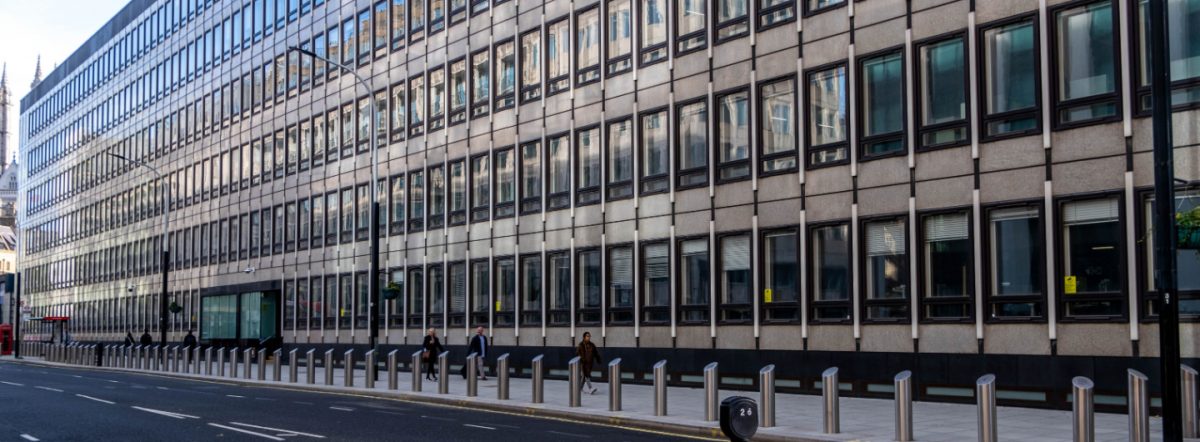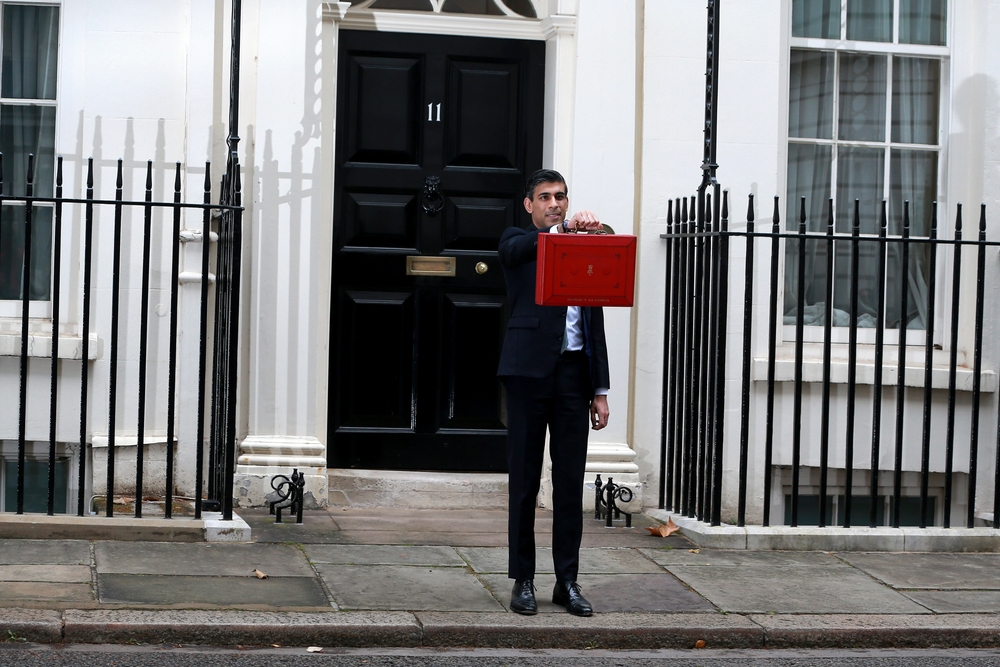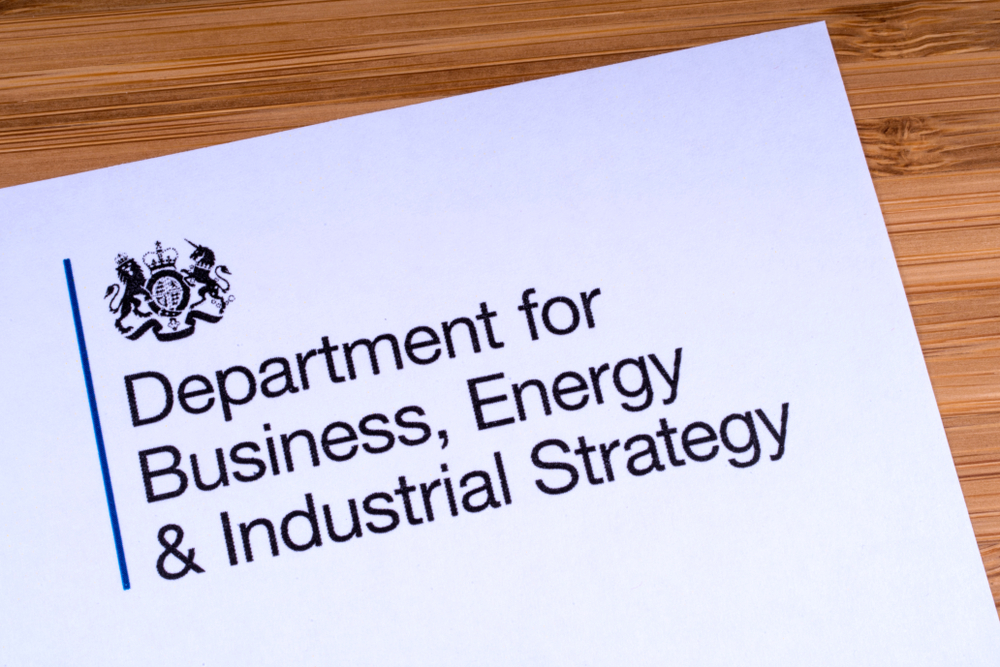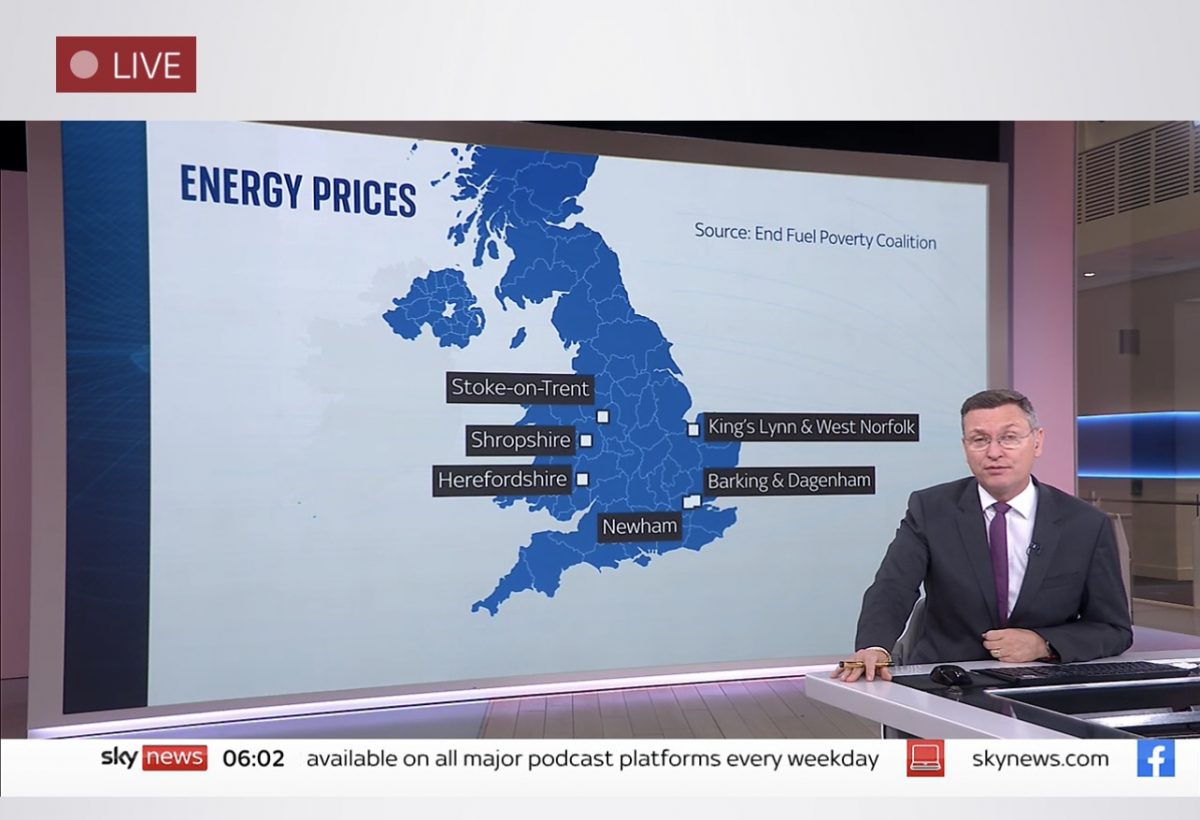Fuel poverty campaigners have revealed ten significant failures in the Government plans to address the escalating energy costs this winter.
In a letter to the Chancellor and other Cabinet Ministers, the End Fuel Poverty Coalition has called for a meeting to discuss operational problems with the measures announced by the Government on 26 May.
Among the concerns highlighted by the group of more than 60 charities, trade unions, social enterprises, local government representatives and other campaigners are:
- A failure of proposals to help those on pre-payment meters, in Park Homes, off-gas, on heat networks and not on electricity meters.
- The risk that those in the Private Rented Sector will not see the benefits of Government support passed on by landlords.
- Concerns about how the financial support may impact on the care charges disabled, elderly and vulnerable people are assessed on.
With the winter 2022/23 price cap now predicted to exceed the £2800 Ofgem estimates, the End Fuel Poverty Coalition has also called for wider reform to the energy market.
It warns that further, short-term, financial support for people in fuel poverty will be needed this winter to mitigate any further increases in the price cap above £2800 and support for those suffering already.
The Coalition has also repeated its calls for a review and subsequent reform of the energy supply market to consider the introduction of policies such as a social tariff, energy for all allowance and a total price cap ceiling.
Anne Vivian-Smith, a disabled former community worker from Nottinghamshire, commented:
The lack of urgency from the Government is terrifying. Special tariffs for disabled customers who have unavoidably high energy use need to be created now. Disability benefits have not increased, yet disabled people have very few ways to economise without cutting something essential like food or care.
Heating or eating isn’t a slogan, it’s reality, it’s now and we need help.
A spokesperson for the End Fuel Poverty Coalition, commented:
As well as operational concerns about the existing Government support, Ministers must also realise that the measures will only seek to prevent additional homes entering fuel poverty and help to stop many of those in fuel poverty becoming utterly destitute. It will not fundamentally improve the situation of the 6m-plus households already in fuel poverty.
We would urge the Government to make further statements to set out additional financial support for people in fuel poverty this winter, announce co-ordinated action to improve the energy efficiency of our homes and ensure we have a secure, renewable-led, domestic energy supply.
Ian Preston, director of household energy services at the Centre for Sustainable Energy said:
It’s not fair that people, especially those on low incomes, are paying for the energy market failure through bills. If the government insists on reclaiming these costs via our bills, then they should be collected at the unit rate so those that consume more energy pay more. The average annual energy bill increase is significant for people on low incomes, who are already having to make tough choices about paying for energy or other essentials like food. They simply can’t cover any additional costs.
Every month, CSE’s advice service helps thousands of people reduce their bills and we’ve already seen unprecedentedly high numbers of people seeking energy saving or financial advice. Urgent support is needed to cope with the UK pandemic of fuel poverty, but the only long-term solution is insulation.
We need to stop energy waste from cold buildings and homes. If you insulate someone’s home, you are literally insulating them against the cost of energy.”
Ruth London from Fuel Poverty Action commented:
Instead of further subsidising investment in polluting fossil fuels, the government should be ensuring that every household has enough energy to keep warm and keep the lights on. Energy For All – a free band of energy to cover basic needs – would spur a sudden interest in insulating UK’s notoriously cold damp homes.
Roni Marsh, Money Advice Team Leader at South West London Law Centres, said:
We are seeing clients on prepayment meters who do not have the funds to turn their gas or electric on. South West London Law Centres provides debt advice to help people reduce debts and access additional funds but this does not fix the fact that someone has not got enough money to afford to buy gas or electric.
We are living in the age of heat or eat and we cannot fix this for a client on a limited income. South West London Law Centres believes that a social tariff is needed. To have to tell someone that there is no way we can reduce their fuel costs any further and give them a foodbank voucher to try and free up the money they would spend on food so they can spend that on fuel instead is not a long term option.
Laura Santamaria, Chair for Fair Energy Campaign, added:
Should a family in a developed country have to choose between heating or eating? As the situation keeps spiralling out of control, the number of households under fuel poverty is increasing exponentially. This unprecedented scenario in UK history has set the scene for urgent action towards energy justice and deep sector reform. Access to clear, affordable energy is a human right.
Jan Shortt, General Secretary of the National Pensioners’ Convention said:
The NPC has also written urging Ofgem and the Chancellor to work together to urgently look at immediate and long term measures to help those struggling with fast rising energy bills. We don’t believe the Chancellor’s emergency measures are enough to deal with the ongoing hikes in energy prices and we need to see a long term strategy from the government and Ofgem.
The NPC is also asking for: the reduction or removal of Standing Charges; a permanent £500 increase in the Winter Fuel Allowance; an end to Price Discrimination against those who can’t pay online, or by Direct Debit, or who don’t have Smart Meters; the removal of 5% VAT on energy; and major investment in insulation of cold, damp housing.
Georgia Whitaker, Oil Campaigner at Greenpeace UK, added:
It’s no wonder the UK is in the mess it’s in given the incessant short-term thinking in government. Yes, urgent financial support is desperately needed for the millions struggling to pay their bills. But without tackling the root-cause of fuel poverty, this crisis is only going to get worse. It doesn’t take a genius to work out that providing warm homes that waste less energy and cost less to heat will bring down bills, so why is the government so reluctant to invest in improving the efficiency of people’s homes?
A spokesperson for the Chartered Institute of Housing added:
We welcomed the Chancellor’s emergency measures to support people in fuel poverty, but they were only a sticking plaster. The best way to help keep people’s energy bills down, now and in the future, is to invest in a national insulation scheme to tackle energy inefficiency in our homes, which are the leakiest in Europe. Landlords need support from the government to do this effectively and at pace, including funding and programmes to tackle the shortfall in skilled retrofitters across the country.
ENDS
Full copy of the letter to sent to the Chancellor and copied to the Secretary of States at DWP, LUHC and BEIS:
The End Fuel Poverty Coalition welcomes the support you outlined in the House of Commons on 26 May 2022.
Two important principles have now been established:
- That financial support for those in fuel poverty will be needed in the short-term
- That the Government has identified the means with which to fund this significant support
However, we have heard concerns from our Members that there are important questions which remain to be answered by your officials in relation to the support on offer.
There are ten key areas we need clarification on:
- How will the scheme work to provide funding to the millions of people on pre-payment meters given the challenges of previously used voucher systems?
- What steps can be taken to support those in the Private Rented Sector to ensure landlords pass on the full savings of bills (especially in Multiple Occupancy Households)?
- What support will be available to the estimated 200,000 people living in Park Homes?
- How can financial help reach those households who do not receive electricity bills?
- What will the impact of financial support be on the care charges disabled, elderly and vulnerable people are assessed on?
- What will the impact of support be on the benefits cap and the minimum income guarantee?
- How will access to the Household Support Fund be made easier and consistent across the country?
- What other steps will the Government be taking to ensure full take up of benefits this winter?
- How can those living off-gas and people on heat networks be better supported by the Price Cap?
- What further steps can be taken to support those households already in fuel debt as a result of recent price increases?
We would also request re-assurances that customers will no longer be penalised for the failures in the energy market through standing charges or other costs added to energy bills.
Members of the End Fuel Poverty Coalition have ideas to help address the above questions and we would welcome the opportunity to facilitate a meeting with you and Coalition Members to discuss the proposed solutions.
We are aware that you will have already heard from our Members that we need urgent, co-ordinated, action to improve the energy efficiency of our homes. We would like to take this opportunity to support these calls and also ask you to prioritise funding for a skills strategy to deliver the “retrofit army” needed to deliver the improvements needed.
We would also request that you recognise that the support provided will only seek to prevent additional homes entering fuel poverty (based on the predicted Ofgem price cap) and stop many of those in fuel poverty becoming utterly destitute. It will not fundamentally improve the situation of the 6m-plus households already in fuel poverty.
Therefore, we would urge you to make further statements to set out further financial support for people in fuel poverty this winter, announce funding for the action needed to improve the energy efficiency of our homes and ensure we have a secure, renewable-led, domestic energy supply.









